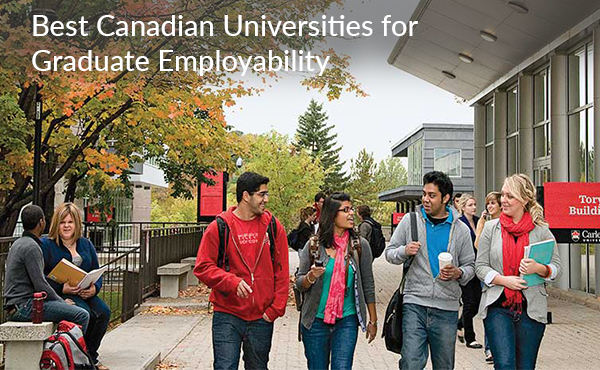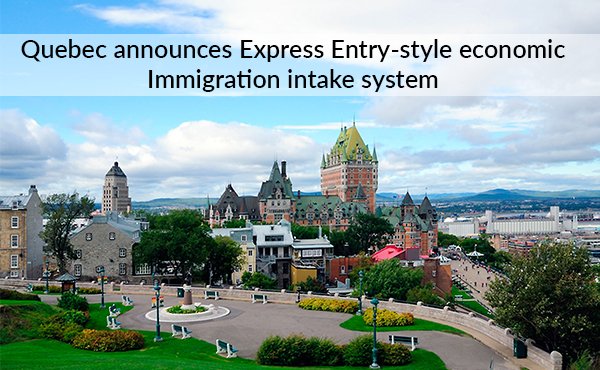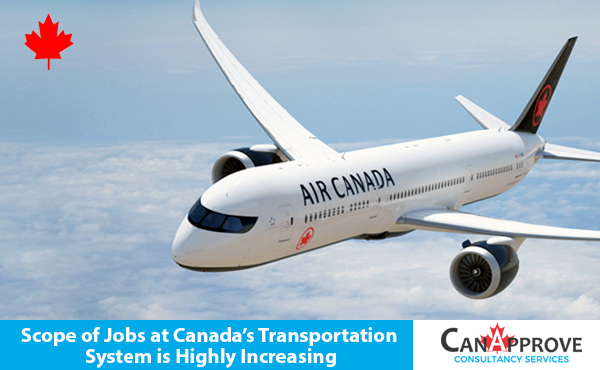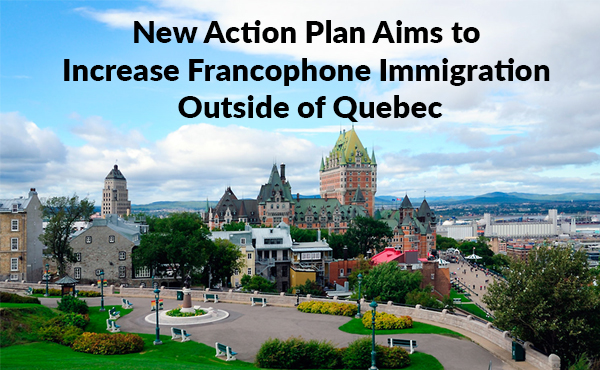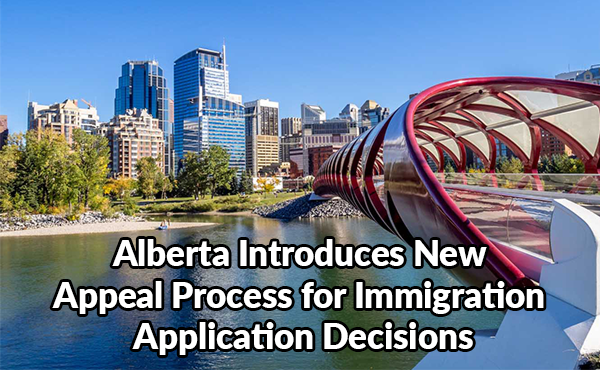Bulgaria is a country located in the southeastern Europe sharing borders with Greece, the Republic of Macedonia, Romania, Serbia, and Turkey. The country is one of the youngest members of the European Union. A rich and diverse culture and beautiful climate make Bulgaria an attractive destination for immigration. A member of the European Union, Bulgaria is the second fastest growing economy in the Union with the lowest tax burden to its citizens. Foreign nationals can acquire Bulgarian citizenship through investment in the country. Bulgarian passport opens an accessible and transparent path to Europe for investors from other continents.
Bulgarian citizenship: Benefits
- With Bulgarian citizenship, you can obtain residency within six to nine months
- You have fast-track option for citizenship within two years
- You have investment options approved by the government and financing options are also available from banks
- No language requirements to obtain citizenship
- You need not give up current nationality or citizenship
- Tax rates are low
- You can enjoy the benefits of free-trade environment in the European Union
Bulgarian citizenship offers a lot of benefits to you and your family. It gives your children access to European education. With Bulgarian passport, you can travel across Europe and a lot of other countries without a visa. In Bulgaria, you can make safe investments in government bonds. Bulgaria is the ideal choice if your family is also included in your plans.
Why Bulgarian citizenship is worth it?
Travel visa-free: A Bulgarian citizen can travel to 142 countries without visa
European citizenship: Bulgarian citizenship offers you the option to travel, study, work and live in any of the 28 countries of the European Union
Cheapest choice: Bulgarian citizenship is the cheapest way for you to live, enjoy and be a part the European life
European education for children: Your children, as European citizens, can enjoy affordable education upto PhD level, as European students need not pay fees in public education institutions
Safe and profitable investment: Bulgarian government bonds are a guaranteed investment, which will be refunded after five years. You will also receive good interest for the investment.
No language requirements: In order to be eligible for Bulgarian citizenship, there are no language requirements. Medical tests or interviews are also not needed.
Buy property in Europe: Bulgarian citizenship makes you eligible to buy land and other immovable properties in Bulgaria and a few other European countries.
Residency not required: In order to become a Bulgarian citizen, it is not necessary that you have lived in the country before.
………………………………………….
Want to know more about Citizenship by Investment in Bulgaria? Please contact us

